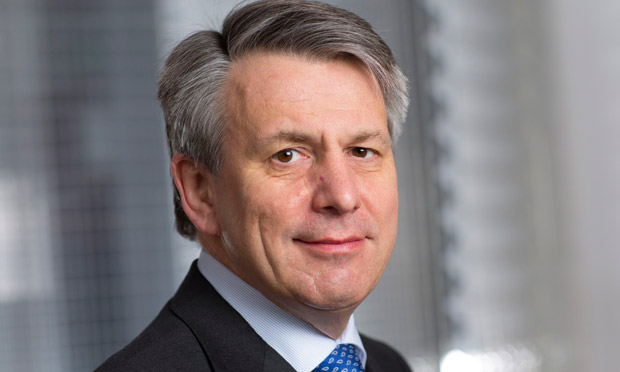Energy company Royal Dutch Shell on Tuesday, November 28, 2017 announced its intention to halve its carbon footprint by 2050 and to increase its spending on clean energy to up to $2 billion a year in order to help meet the goals of the Paris Climate Change Agreement.

The central objective of the Paris agreement is to limit the global average temperature rise well below 2 degrees Celsius and to as close as possible to 1.5 degrees C in order to prevent the worst impacts of climate change, which include severe droughts, flooding and storms. For the this to happen, around 80% of the world’s existing fossil fuel reserves would need to be left in the ground.
In a letter to the Executive Secretary of UN Climate Change, Patricia Espinosa, Royal Dutch Shell’s Chief Executive Officer, Ben van Beurden, on Tuesday said: “Shell is announcing an ambition to bring down the net footprint of our energy products (expressed in grams of CO2 equivalent per Megajoule consumed) by around half by 2050. As an interim goal, we aim to reduce it by around 20% by 2035- an ambition that we believe is compatible with a 2° C roadmap. This ambition includes emissions direct from Shell operations, emissions caused by third parties who supply energy for that production and emissions caused by the use of our products by consumers, as well as activities that reduce or offset C02 emissions.”
On the same day, Shell announced to shareholders that it would increase capital allocated to clean technologies to $1 to 2 billion a year through 2020, and that the company would measure progress on cutting its net carbon footprint by annually disclosing information not only from its operations and energy use, but from the use of its energy products.
In his letter to the UN’s Patricia Espinosa, Shell CEO Ben van Beurden wrote that meeting the goal of halving its carbon footprint by 2050 would involve providing lower-carbon fuels like biofuels and hydrogen to customers, in addition to generating renewable power from solar and wind; driving demand for battery electric vehicles by growing the number of charging points and developing gas markets for power and transport.
“We also plan to pursue further operational efficiencies in our assets and will seek to develop carbon capture and storage. And increasingly we will work with nature, forests and wetlands, to help compensate for those emissions from uses where alternatives do not yet exist or will take time to scale,” he wrote.
Ben van Beurden said that these efforts require well-targeted regulation, support for technological innovation and clear long-term policy frameworks that give strong investment signals and drive different choices and behaviours across the economy.
“Shell will continue to work with governments to help shape the policy frameworks that promote the decarbonisation of all sectors of the economy without unwanted side effects. All of us recognise that the challenge of tackling climate change can only be met through a cross-generational, multi-faceted approach to which we all contribute and around which we all collaborate,” he wrote.
